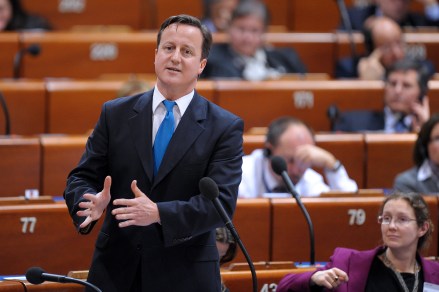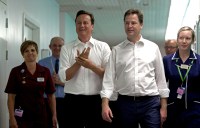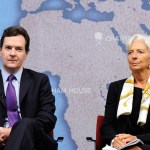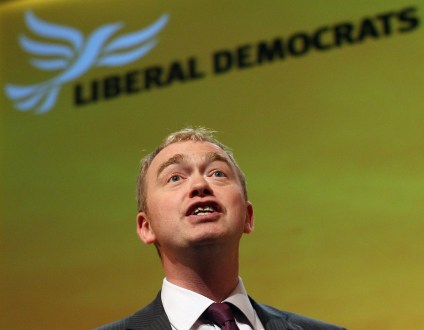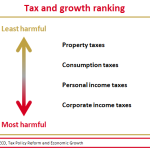What will the UK’s proposed ECHR reforms actually come to?
Two items of news that may unsettle stomachs in Euroland today: i) that Ireland is planning to hold a referendum on the new European fiscal treaty, and ii) that the UK is pushing — as April’s European summit in Brighton approaches — for the European Convention on Human Rights to be rewritten so that national courts have greater discretion and power. The BBC’s James Landale has more details on the latter here, but the basic point is that the government has circulated a ‘position paper’ that proposes injecting a few principles and particulars into the ECHR. One of these is ‘subsidiarity’, the idea that decisions should be made at the
